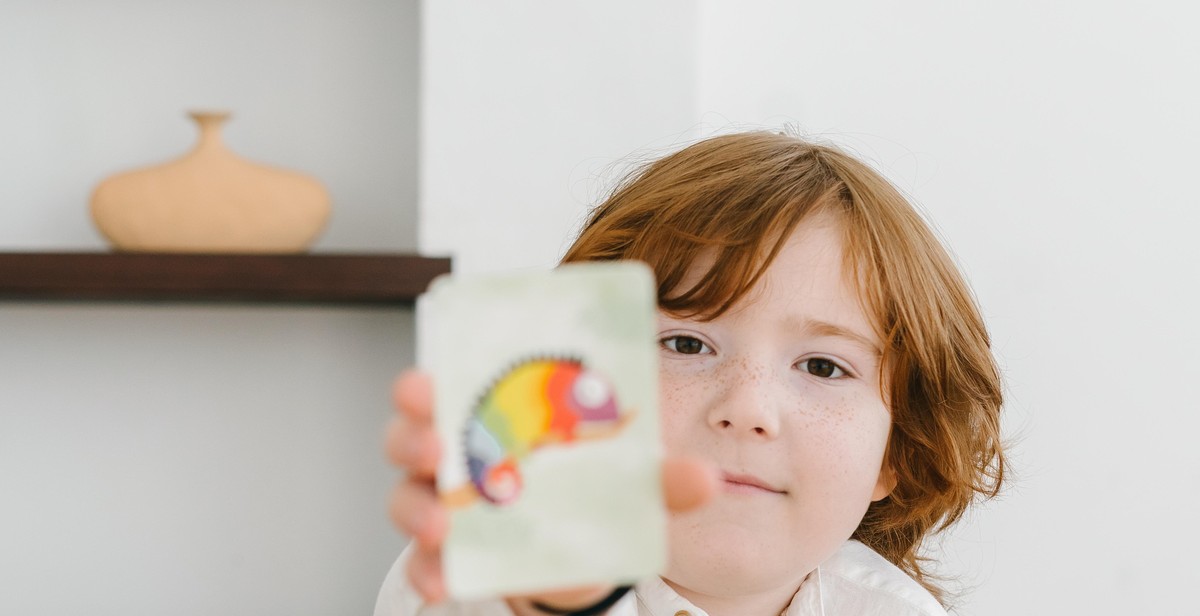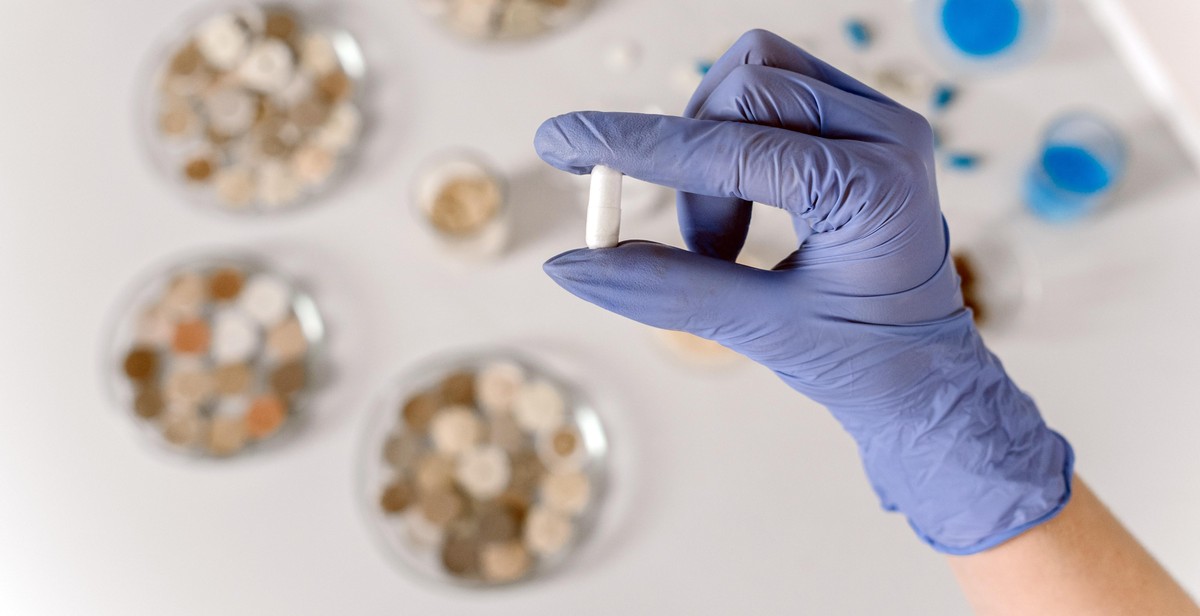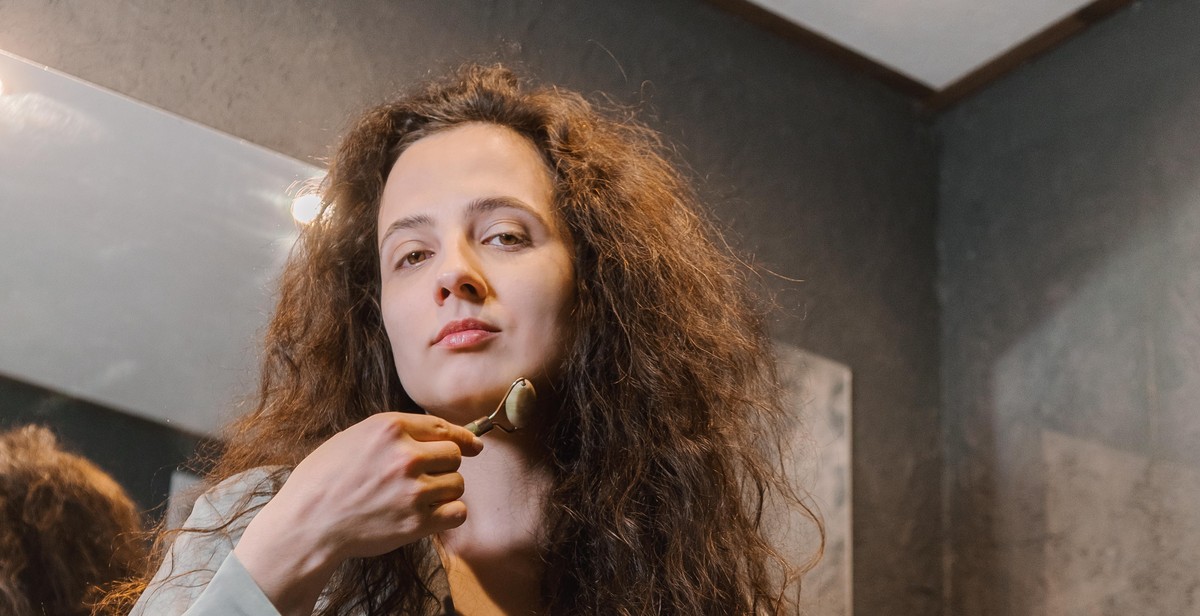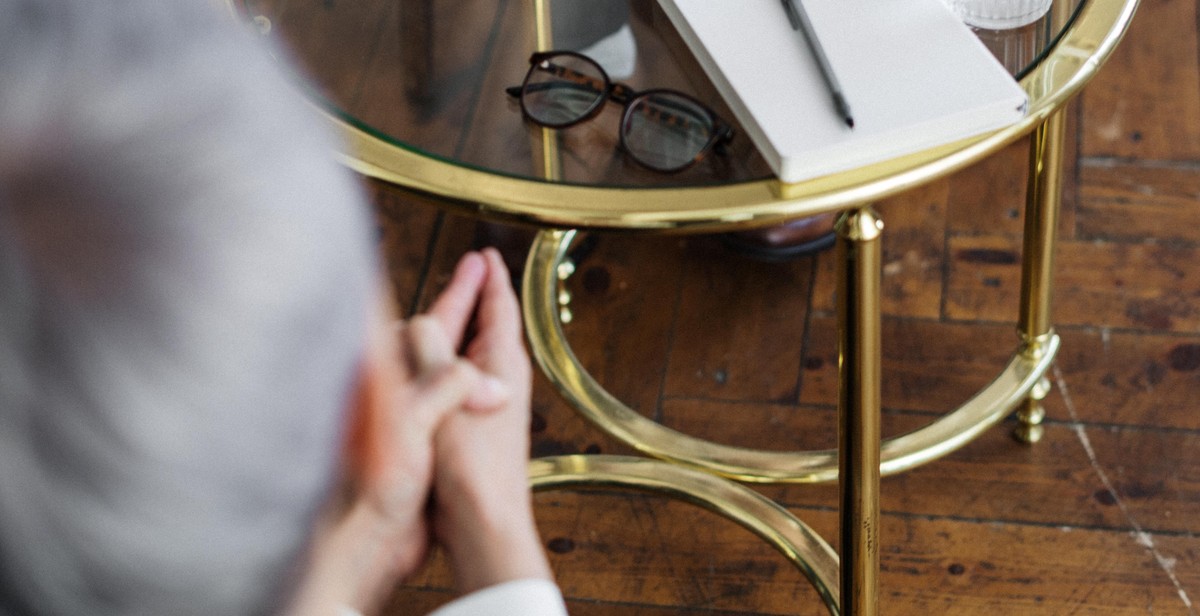Is there a Link Between Creativity and Mental Health?
Creativity and mental health have long been subjects of fascination for researchers, artists, and the general public. Many people have speculated that there is a strong correlation between the two, with some even suggesting that creative individuals are more likely to suffer from mental health issues.
As a professional article writer and content creator, I have had the opportunity to explore this topic in depth. Through my research and personal experience, I have found that there is indeed a link between creativity and mental health, but it is not as straightforward as some might think.
The Complex Relationship Between Creativity and Mental Health
Studies have shown that creative individuals are more likely to experience mental health challenges such as depression, anxiety, and bipolar disorder. However, it is important to note that this correlation does not necessarily mean that creativity causes mental health issues or vice versa.
There are many factors that contribute to both creativity and mental health, and the relationship between the two is complex. For example, some researchers suggest that creative individuals may be more sensitive to their environments, which can lead to both creative expression and emotional vulnerability.
Exploring the Connection Between Creativity and Mental Health
Despite the complexity of the relationship between creativity and mental health, there is much to be gained from exploring this connection. By understanding the ways in which creativity and mental health intersect, we can gain insight into both the creative process and the human experience.
In this article, I will delve deeper into the link between creativity and mental health, exploring the latest research and drawing on my own personal experience as a writer and content creator. By the end of this article, readers will have a better understanding of the complex relationship between creativity and mental health and how it impacts our lives.

Defining Creativity and Mental Health
Creativity is the ability to generate ideas, solutions, and expressions that are unique, valuable, and original. It is a complex process that involves divergent and convergent thinking, imagination, intuition, and expertise. Creativity can manifest in different forms, such as art, music, literature, science, entrepreneurship, and innovation.
Mental health, on the other hand, refers to the state of well-being in which an individual realizes his or her own potential, can cope with the normal stresses of life, can work productively, and is able to make a contribution to his or her community. Mental health encompasses a wide range of conditions, from mild anxiety and depression to severe disorders like schizophrenia and bipolar disorder.
The Relationship Between Creativity and Mental Health
There has been a long-standing debate about the relationship between creativity and mental health. Some studies suggest that there is a positive correlation between creativity and certain mental health conditions, such as bipolar disorder, depression, and schizophrenia. For example, research has found that people with bipolar disorder are more likely to engage in creative activities and have higher scores on measures of creativity than people without the disorder.
However, other studies have found mixed or inconclusive results, and some have even suggested that there is no significant association between creativity and mental health. One possible explanation for these inconsistencies is that creativity and mental health are complex and multifaceted constructs that cannot be reduced to simple correlations.
The Role of Factors in Creativity and Mental Health
Factors such as genetics, environment, personality, and lifestyle may also play a role in the relationship between creativity and mental health. For example, some researchers have proposed that creativity and mental health share common genetic and neurobiological pathways, such as dopamine regulation and brain lateralization. Others have suggested that environmental factors, such as childhood adversity and trauma, may increase the risk of both creativity and mental health problems.
Moreover, personality traits such as openness to experience, neuroticism, and extraversion may influence both creativity and mental health. For instance, highly creative individuals tend to be more open to new ideas, more sensitive to emotions, and more prone to mood swings than less creative individuals. Similarly, people with certain mental health conditions may exhibit traits that are associated with creativity, such as heightened sensitivity, divergent thinking, and unconventional behavior.

The History of the Creativity-Mental Health Link
Creativity and mental health have been linked for centuries, with early theorists recognizing the connection between the two. In ancient Greece, Aristotle claimed that melancholy was a necessary component for artistic inspiration. Later, in the 19th century, Romantic poets such as Lord Byron and John Keats were known to struggle with mental health issues, yet their work is still celebrated today.
The Early Theorists
One of the earliest recorded connections between creativity and mental health came from Aristotle, who believed that melancholy was a necessary component for artistic inspiration. He believed that the most creative individuals were those who experienced the most intense emotions, including sadness and anxiety. Later, in the 19th century, French psychologist Théodule-Armand Ribot wrote about the relationship between mental illness and creativity, stating that individuals with mental illness were often more creative than those without.
The Modern Era
In the modern era, the link between creativity and mental health has been further explored and studied. In the 20th century, psychologist Abraham Maslow proposed that self-actualization, which includes creativity, was a key component of mental health. Psychologist Mihaly Csikszentmihalyi also studied the connection between creativity and mental health, finding that individuals who experienced “flow” states while engaged in creative activities had higher levels of happiness and well-being.
Today, the link between creativity and mental health is still being studied and debated. While some studies have found a correlation between mental health issues and creativity, others have found no significant connection. Regardless, the idea that creativity and mental health are linked continues to be a topic of interest and research in the field of psychology.

Research on the Creativity-Mental Health Connection
The relationship between creativity and mental health has been a topic of interest among researchers for many years. There have been numerous studies conducted to explore the connection between mental illness and creativity. Here are some of the findings:
Studies on Bipolar Disorder and Creativity
Research has found a link between bipolar disorder and creativity. One study conducted by the Stanford University School of Medicine found that people with bipolar disorder were more likely to have jobs that involved creativity, such as writing or art. The study also found that people with bipolar disorder scored higher on measures of creativity compared to people without the disorder.
The Link Between Schizophrenia and Creativity
Studies have shown that there may be a link between schizophrenia and creativity. A study published in the Journal of Psychiatric Research found that people with schizophrenia had higher levels of creativity compared to healthy controls. Another study found that people with schizophrenia were more likely to have jobs that involved creative thinking.
Depression and Creativity
Research has also explored the connection between depression and creativity. A study published in the Journal of Affective Disorders found that people with depression had higher levels of creativity compared to healthy controls. The study also found that people with depression were more likely to work in creative fields.
| Type of Mental Illness | Link to Creativity |
|---|---|
| Bipolar Disorder | Higher levels of creativity and more likely to have jobs that involve creativity |
| Schizophrenia | Higher levels of creativity and more likely to have jobs that involve creative thinking |
| Depression | Higher levels of creativity and more likely to work in creative fields |
While these studies suggest a link between mental illness and creativity, it is important to note that not all people with mental illness are creative and not all creative people have a mental illness. The relationship between mental illness and creativity is complex and needs further research to fully understand.

Theories on the Creativity-Mental Health Connection
There are several theories that suggest a link between creativity and mental health. Two of the most popular ones are the Hyperconnectivity Theory and the Cognitive Disinhibition Theory.
The Hyperconnectivity Theory
The Hyperconnectivity Theory suggests that creative individuals have more connections between different areas of their brain, allowing them to make unique and original connections that others may not see. This theory proposes that this increased connectivity may also lead to a higher risk of mental health issues, such as bipolar disorder or schizophrenia.
Research has shown that there may be some truth to this theory. Studies have found that individuals with bipolar disorder, who are known for their creativity, have more white matter in their brains, which is responsible for connecting different areas of the brain. However, more research is needed to fully understand the link between hyperconnectivity and mental health.
The Cognitive Disinhibition Theory
The Cognitive Disinhibition Theory suggests that creative individuals have the ability to filter out irrelevant information and focus on what is important. This allows them to think outside the box and come up with unique solutions to problems. However, this ability to filter out irrelevant information may also lead to a higher risk of mental health issues, such as depression or anxiety.
Studies have found that individuals with depression have a harder time filtering out irrelevant information, which may cause them to focus on negative thoughts and emotions. On the other hand, individuals with anxiety may have an overactive filtering system, causing them to focus too much on irrelevant information and leading to excessive worry.
Overall, while these theories provide some insight into the link between creativity and mental health, more research is needed to fully understand the complex relationship between the two.

The Dark Side of Creativity and Mental Health
While the link between creativity and mental health is often romanticized, it’s important to acknowledge the dark side of this relationship. Mental health issues, such as depression and anxiety, can fuel creativity, but they can also lead to destructive behaviors and even suicide.
The Link to Suicide
Research has found that individuals in creative professions, such as writers and artists, have a higher risk of suicide compared to the general population. The pressures of the industry, coupled with the emotional intensity of creative work, can take a toll on a person’s mental health. This can lead to feelings of hopelessness and despair, ultimately leading to suicidal ideation and attempts.
The Risk of Addiction
Another dark side of creativity and mental health is the risk of addiction. Many artists and writers have turned to drugs and alcohol as a way to cope with the intense emotions that come with their work. While substance abuse may provide temporary relief, it can ultimately exacerbate mental health issues and lead to a downward spiral.
- The pressure to produce: The creative industry is notoriously competitive, and the pressure to produce can be overwhelming. This pressure can lead to burnout, anxiety, and depression.
- The emotional toll of creative work: Creative work often involves delving into deep emotions and experiences, which can be emotionally draining and triggering for those with pre-existing mental health issues.
- The stigma around mental health: Despite growing awareness and acceptance of mental health issues, there is still a stigma attached to it. This can make it difficult for individuals in creative professions to seek help and support.
Overall, while creativity and mental health are undeniably linked, it’s important to acknowledge the potential risks and challenges that come with this relationship. By understanding these risks and working to address them, we can support the mental health and well-being of creatives everywhere.

Conclusion
After extensive research and personal experience, it is clear that there is a strong link between creativity and mental health. While it is not a guarantee, many creative individuals have reported struggling with mental health issues such as depression, anxiety, and bipolar disorder.
However, it is important to note that creativity can also be a powerful tool in managing and overcoming mental health challenges. Engaging in creative activities such as writing, painting, or music can provide a sense of purpose, accomplishment, and joy that can improve overall well-being.
It is also important for individuals with mental health concerns to seek professional help and support. Therapy, medication, and other forms of treatment can be effective in managing symptoms and improving overall quality of life.
Final Thoughts
As a professional writer and content creator, I have seen firsthand the transformative power of creativity in my own life and the lives of others. While mental health struggles can be difficult and overwhelming, it is important to remember that there is hope and help available. By prioritizing self-care, seeking support, and engaging in creative pursuits, individuals can learn to thrive despite mental health challenges.
| Resources | Links |
|---|---|
| National Alliance on Mental Illness | https://www.nami.org/ |
| American Psychological Association | https://www.apa.org/ |
| The Creativity Cure: A Do-It-Yourself Prescription for Happiness | https://www.amazon.com/Creativity-Cure-Do-Yourself-Prescription-Happiness/dp/1451665097 |
